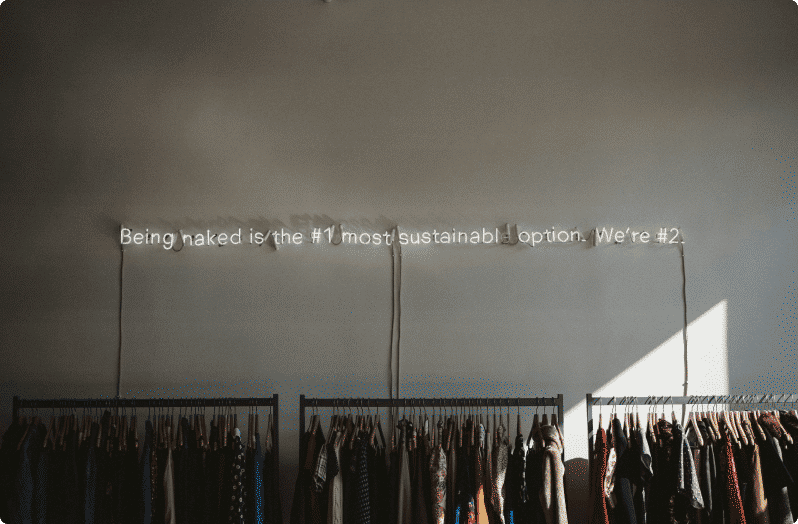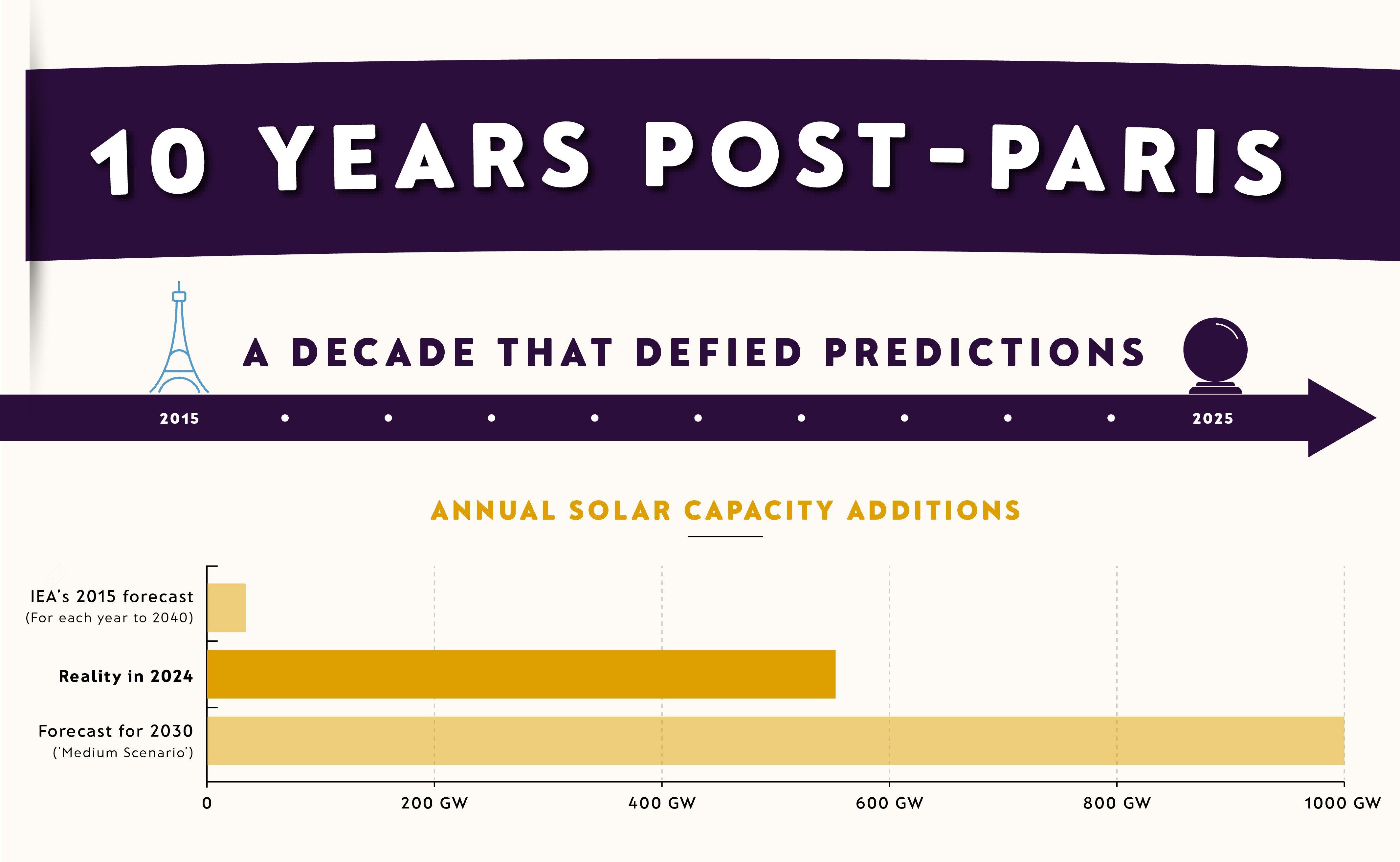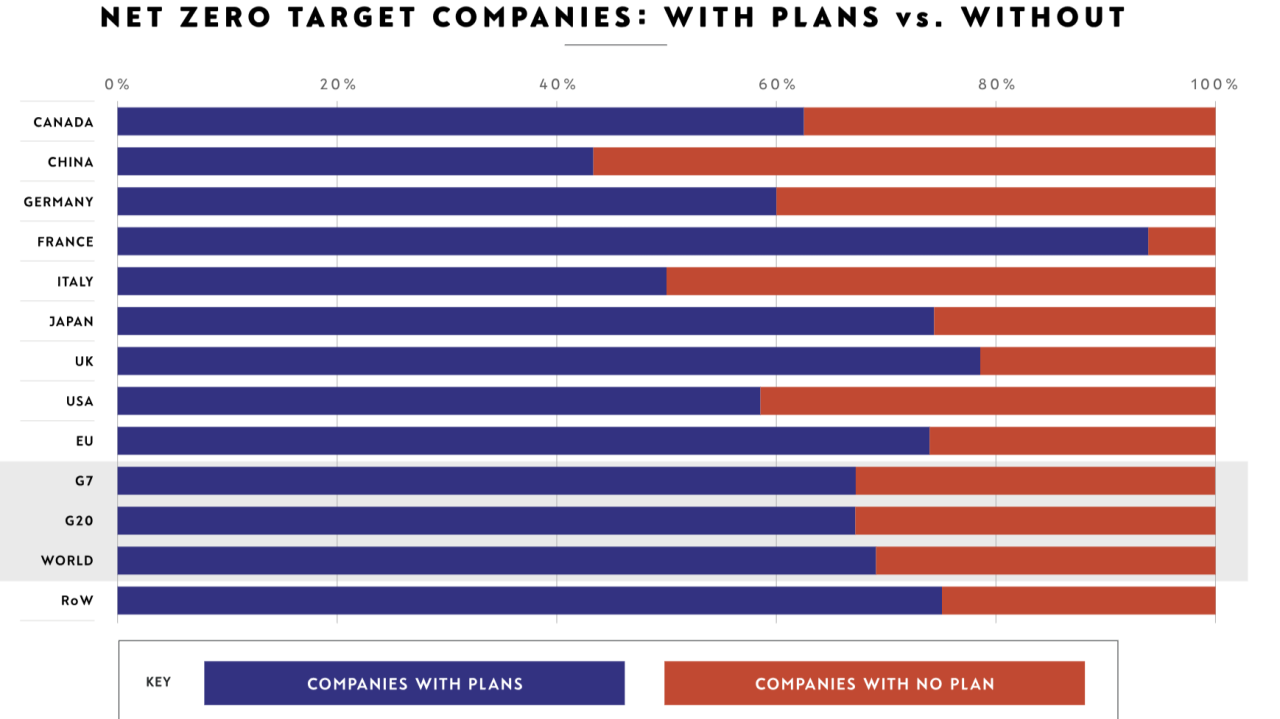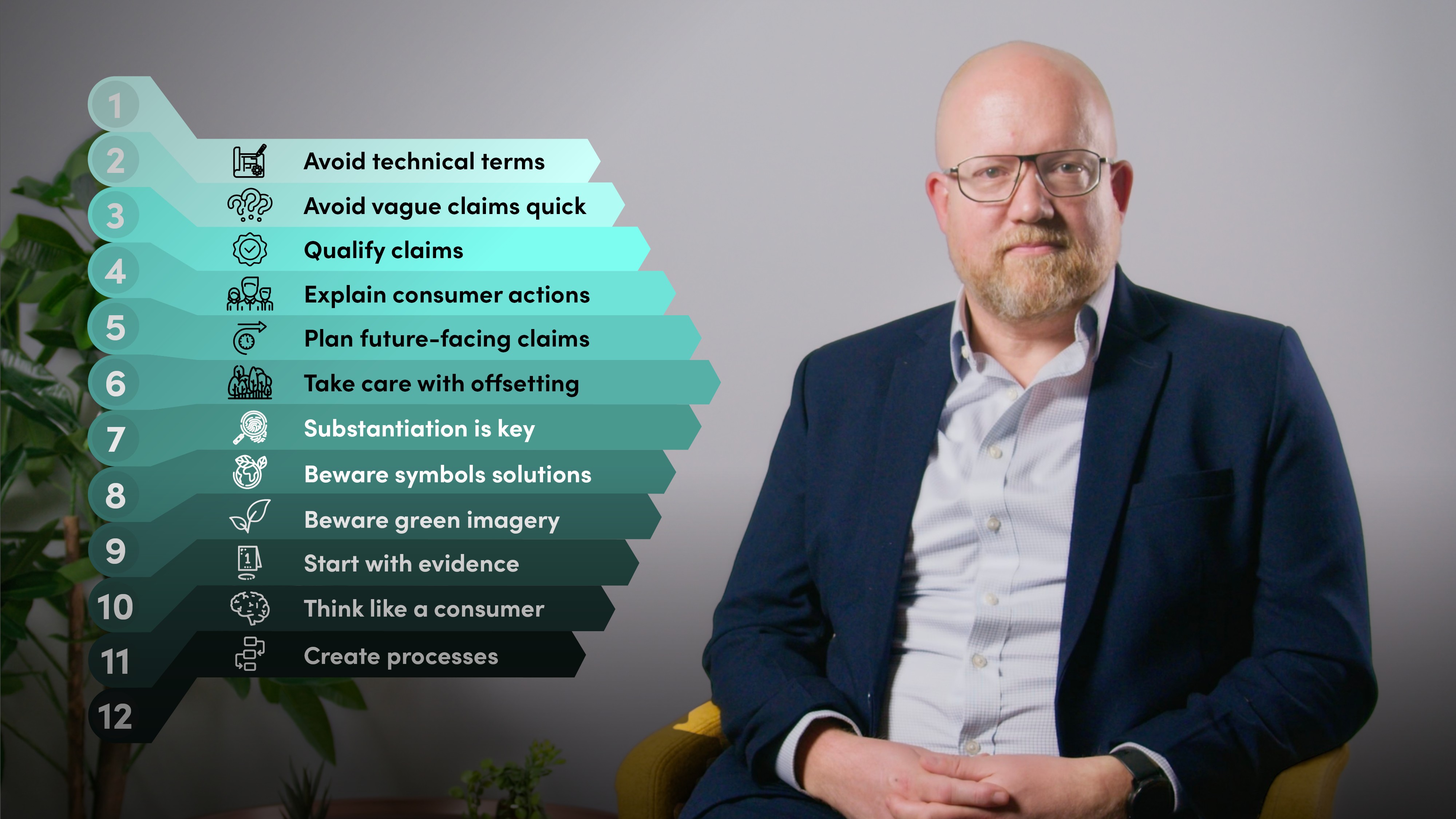
Navigating green claims without greenwashing

CMS
How should companies in the re-commerce sector state their environmental claims?

Online second-hand retail is on the rise, with increasingly eco-conscious consumers considering how they can shop more sustainably to reduce their fashion footprint. The Ethical Consumer and The Co-operative Bank’s 2023 Ethical Markets report recorded a 15% increase in people buying second-hand clothes for environmental reasons. Accordingly, “green” and “sustainable” claims have fast become a hot topic for companies looking to demonstrate their green credentials. As we noted in our previous article here, however, these same claims have also attracted the attention of government regulators and campaigners, scrutinising misleading or unsubstantiated claims.
In this article we summarise what operators in the re-commerce sector (from peer-to-peer platforms, to B2C resale retailers, and fulfilment providers) need to consider when illustrating their commitment to the cause.
What are “green claims”?
According to the Competition and Markets Authority (CMA), the UK’s consumer regulator, a green claim is one that suggests that a product, service, process, or business is better (or less harmful) for the environment. The CMA notes that this can be demonstrated through statements, but also symbols, colours and product brand names.
In the UK, green claims are regulated through a combination of self-regulatory codes, and consumer protection legislation by way of the Consumer Protection from Unfair Trading Regulations (CPUT) (soon to be restated – in substantially similar, but not identical form – under the Digital Markets, Competition and Consumers Act). In September 2021, the CMA published a new Green Claims Code to help businesses understand and comply with their obligations under consumer protection law when making environmental claims. The CMA has since actively cracked down on the use of green claims, including through its review of claims in the fashion sector.
In March 2024, the CMA secured binding undertakings from three fashion retailers and published an open letter to the fashion sector. As we noted in our previous article here, the CMA has confirmed that it will continue its wider investigation into misleading advertising claims and will build on its Green Claims Code to include specific information relevant to the fashion sector. The Green Claims Code is not legally binding, but as it is based on the CPUT requirements, operators that adhere to it should be better placed to defend themselves if challenged by the CMA.

What do operators in the re-commerce sector need to consider when making green claims?
1. Environmental claims should be truthful and accurate
Advertising in the UK should be legal, decent, honest and truthful. Green claims should therefore only give consumers the impression that a product, service, brand or business is as “green” or “sustainable” as it really is. Broad, general, or absolute claims are more likely to be inaccurate or mislead consumers, so green claims should be qualified appropriately. Further, operators need to create internal processes to review claims regularly to ensure they remain accurate.
2. The basis of environmental claims should be clear and unambiguous
Green claims should be easy to understand by consumers. Therefore, scientific, or technical language should be avoided for a consumer audience, and general terms should be clarified. For example, generalisations such as a product being “recyclable” could be understood to mean it is fully recyclable, so it should be caveated appropriately if this is only applicable to a part of the product.
3. Do not omit or hide important information
Whilst a balance is to be struck when working with limited advertising space, the CMA has emphasised that businesses should not just cherry-pick the beneficial parts of a business. Any caveats or conditions with claims should be disclosed to consumers up front, as well as any other information that consumers need to make an informed choice. For example, the CMA has given the example of a logistics company stating that it is investing 10% more in electric vehicles. If the company does not disclose that it is also investing 40% more in diesel vehicles, this would be misleading. This is also important from a brand reputation perspective, to maintain trust with consumers.
4. Make fair and meaningful comparisons
When a business compares its products or services to a competitor's, the comparisons should be clear, current, and based on objective, like-for-like information that consumers can understand. For example, saying a product is “more sustainable” than another is likely unfair because the basis of the comparison is unclear.

5. Substantiate claims appropriately
Businesses need to support their green claims with credible and verifiable evidence, ideally from independent sources when possible. Claims are less likely to be misleading if the supporting evidence is publicly available and consumers can easily see where and how to verify these claims. Recent enforcement actions highlight the importance of having strong documentary evidence to back up green claims.
6. Consider the full lifecycle of products
When making environmental claims, businesses should always consider the total life cycle of a product or service, or of their overall activities, on the accuracy of their claims. This includes from sourcing, production, transportation, and use, through to disposal.
This does not mean that information about the full life cycle of a product or service must be included in every claim. However, businesses should consider what elements of the life cycle of a product or service are most likely to be of interest to consumers, and how they affect the accuracy of the claim. If claims are based on a specific part of a product’s life cycle, or part of a business’s activities, it should be clear which aspects are being referred to, and businesses should not focus on a relatively minor part of a product’s life cycle to suggest a product is greener than it is.
Next steps
Operators in the re-commerce sector, including peer-to-peer platforms and B2C resale retailers, must carefully follow the Green Claims Code and any related guidance it offers to comply with regulatory principles. The CMA has extensive powers to impose sanctions, from written warnings to criminal prosecution, and it is actively cracking down in this area. This applies to all advertised products and services in the re-commerce sector, from fashion items to resale services and fulfilment operations. Further guidance on how to navigate green claims without greenwashing can be found from the Advertising Standards Authority here.
Greenwashing is a hot topic in the EU too. The Green Claims Directive will compel companies to substantiate their environmental claims and create common criteria that consumers can check. This is set to complement recent updates to EU consumer protection law, which now bans generic environmental claims such as “eco-friendly", “green”, and “ecological” unless the trader is able to demonstrate recognised excellent environmental performance relevant to the claim.
If you would like to discuss green claims in the re-commerce sector further, please contact CMS. In the meantime, you can visit CMS’s interactive platform, CMS Green Globe, which provides updates on sustainability claims and greenwashing.
This article was written by CMS associate, Jessica Wilkinson, and Stuart Helmer, Of Counsel, UK Head of Advertising and Marketing. It was first published on CMS Law-Now on 14th June 2024. You can read the full article here.

CMS
Share "Navigating green claims without greenwashing" on






































